Court’s rear window into soul for Joe Aston
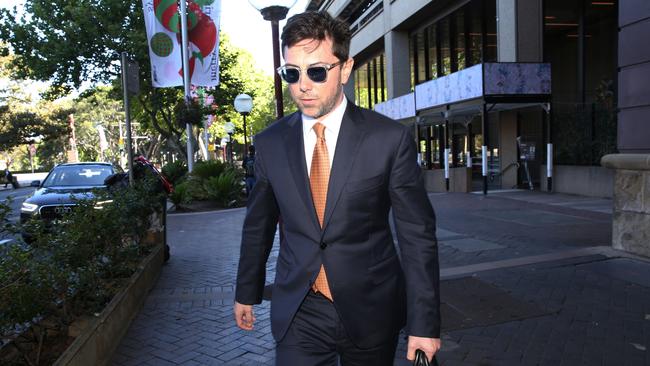
Sorrow, comedy, self-reflection — the first appearance of Australian Financial Review columnist Joe Aston at his defamation hearing had all the hallmarks of entertainment. No wonder almost 200 spectators dialled in.
In the fifth day of hearings, and as the first witness called by the defence, Aston was drilled on his use of insults such as “cretin” or “fatuous” against former Blue Sky director Elaine Stead, saying the stories in question against her were justified because they were addressing a corporate misstep.
Aston said it was “fair game” to write about Stead’s private social media use given the public nature of her position at the fund, but he did make several apologies, albeit with some caveats.
Firstly for misremembering the venture capitalist’s track record, noting that Hatchtech had indeed been one success if only a small one, adding he had deemed it “irrelevant” to her broader track record.
When questioning by Stead’s lawyer Sue Chrysanthou SC turned to his use of the phrase “fatuous investments in peanut start-ups” he again apologised, this time for offending Stead, saying he had been “overly colourful and tautological” and had not intended to cause offence.
Still, he stood by his comparison of Stead with Steve Carrell’sAnchorman character Brick Tamland (who judge Michael Lee also noted had been in Anchorman 2), saying he had used that line to be “amusing” but conceding that he “can imagine she would have found that unpleasant”.
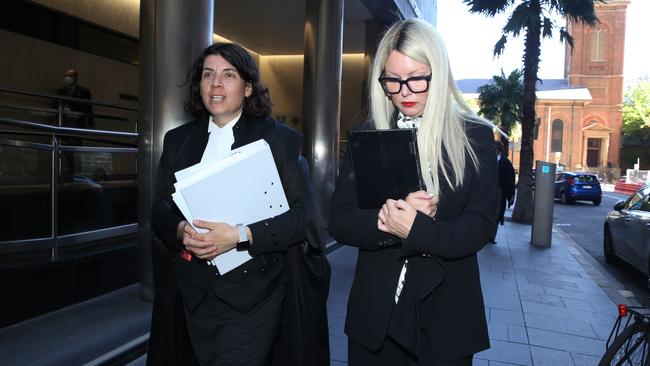
Whether Stead, who sat just across the sparsely populated courtroom, would accept any of those apologies is anyone’s guess.
As his examination continued, Aston rejected the label of a gossip columnist, despite describing himself as one in a speech in 2013, taking his time to consider the question of just what type of journalist he was.
“Certainly as a columnist I exercise and am granted a great deal of flexibility to target corporate and government hypocrisy, cant, farce or wrongdoing,” he told the court, adding that his Rear Window column had changed noticeably in the years since he had made that description.
But while he noted he could both make news and comment on it, he said he did not see himself as part of the newsroom per se, with little consideration of the readership or reach of his musings.
Still, the hearing proved a drawcard for spectators, with almost 200 tuning into the afternoon session of the virtual hearing, including what would seem to be Alex Turnbull, who himself was the subject of an Aston column last year, as well as top fundie, media and legal names.
The court session, however, was not immune to the perils of video conferencing, with several interjections through the day as unwanted video and microphone streams butted in.
iSignthis’s new scrap
After waging war with the local bourse, the John Karantzis-led fintech iSignthis has a new battle on its hands — this time with the securities regulator.
For the past 14 months the payments group has been in the line of fire for Dominic Steven’sASX, with shares halted while it answered questions in relation to key partnerships and appropriate disclosure, including that with global giant Visa. They are the same instances now the subject of ASIC’s legal action, with Karantzis’s own conduct also a matter for the court, including the vesting of share rights to himself and entities owned by his family members.
ASIC, currently under the stewardship of acting chair K aren Chester, said on Monday that it would seek declarations and pecuniary penalties against the company and Karantzis.
It said it would also seek to have him disqualified from managing corporations altogether, given “his failure to take reasonable steps to ensure information that he gave to ASX was not false or misleading”.
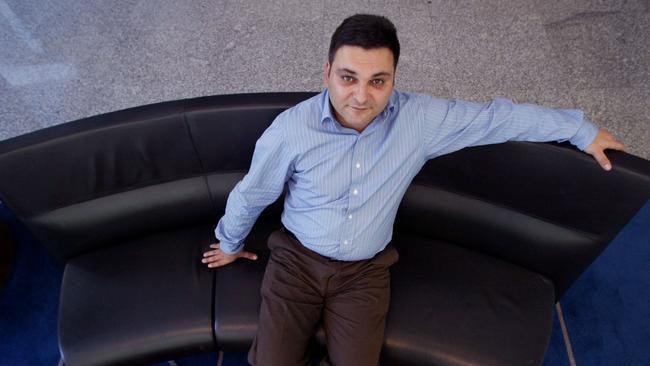
That’s sure to put in murky territory his position at the rival National Stock Exchange, where he also acts as chief executive after the exit of Ann Bowering to Computershare in March this year.
In a brief notice to the market late on Monday, following a slide of as much as 30 per cent in the group’s shares, it said none of the proceedings involved any NSX activities, and referred all interested parties to iSignthis’s announcements.
Note, though, that iSignthis is the exchange’s largest shareholder with just over 19 per cent of the exchange through its wholly owned subsidiary Probanx.
Karantzis is no stranger to legal action, launching several suits against the regulator through the year, including a claim for damages of more than $467m from the ASX relating to iSignthis’s prolonged suspension, and a separate claim to ASIC to intervene in the suspension, which was ultimately rejected in October.
Similar to Elaine Stead’sclaims as mentioned earlier, he’s even launched a defamation claim against AFR columnist Joe Aston, and called in Sue Chrysanthou SC as his legal counsel.
With both companies under fire, at least the lawyers are getting paid.
Insurance ins and outs
Forget fire or floods, the biggest change at the Insurance Council of Australia this year has been within its own ranks.
New chief Andrew Hall, who replaced Rob Whelan in the role after his 10-year stint, has embarked on a refresh of the organisation’s top brass since he started in September, poaching several from his previous employer, Commonwealth Bank.
Hall had been the bank’s head of corporate affairs, but got the call-up to lead the peak body of insurers in March, following a spate of natural disasters including the summer bushfires and preceding hailstorms.
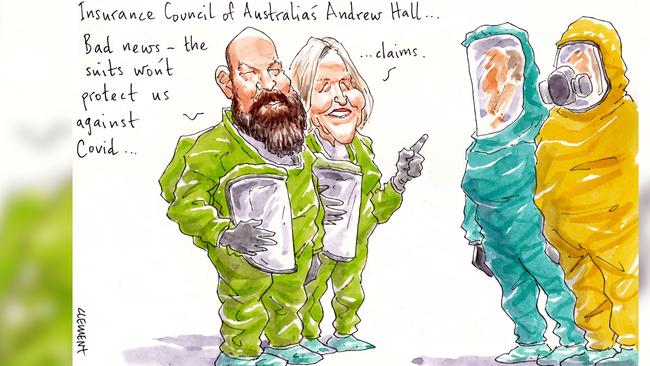
All of that paled in comparison to what was to come with the pandemic however, including the group’s funding of a first business interruption test case, which was a public flop in the NSW Court of Appeals last month.
In any case, at least Hall has plenty of his former bank chums backing him for the next chapter, including recent general counsel hire Anne Knight, former head of litigation at CBA, and new chief operating officer Kylie Macfarlane, who maintains links to the bank as a director on the CBA Group Super board, formerly its head of corporate responsibility.
It comes amid a new organisation strategy said to have been approved by Hall’s board — including most recent appointees Frank Costigan, interim head at QBE, as well as RACQ’s Tracy Green and local Chubb Insurance head Jarrod Hill.
But with any revamp there are inevitably some losses on the cards.
Head of comms Campbell Fuller, also the group’s longstanding spokesman, along with government relations head Richard Shields have been made redundant, after 12 years and seven years with the group, respectively.
Their roles are seemingly to be replaced by ex-public servant Matthew Jones, who heads the new role of ICA’s general manager of public affairs.
Head of risk and operations Karl Sullivan also made his exit in recent months.
Here’s hoping the new hires are ready to have their summer holidays interrupted as the inevitable natural disasters loom.

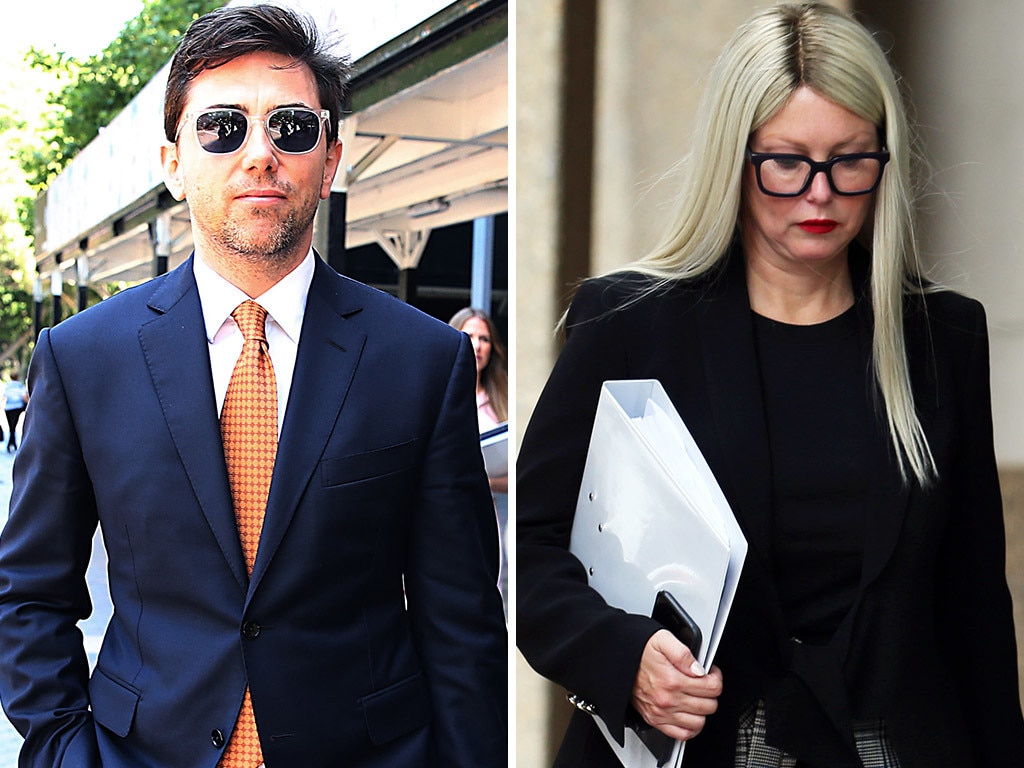




To join the conversation, please log in. Don't have an account? Register
Join the conversation, you are commenting as Logout